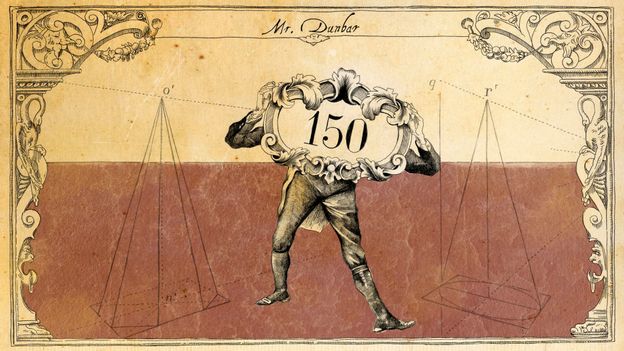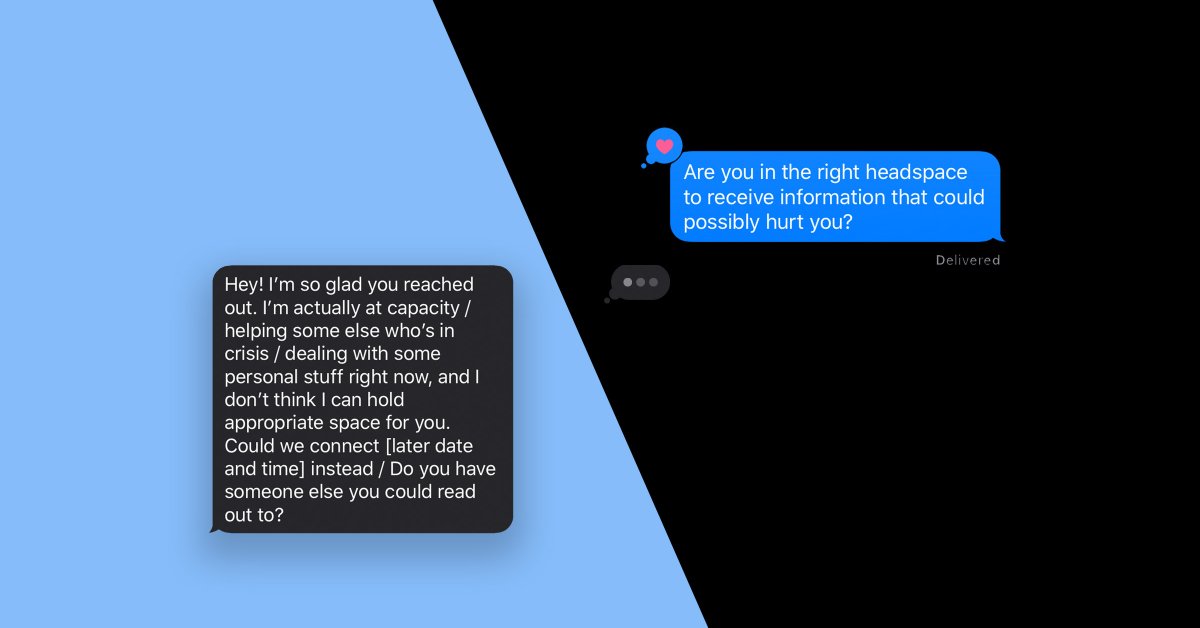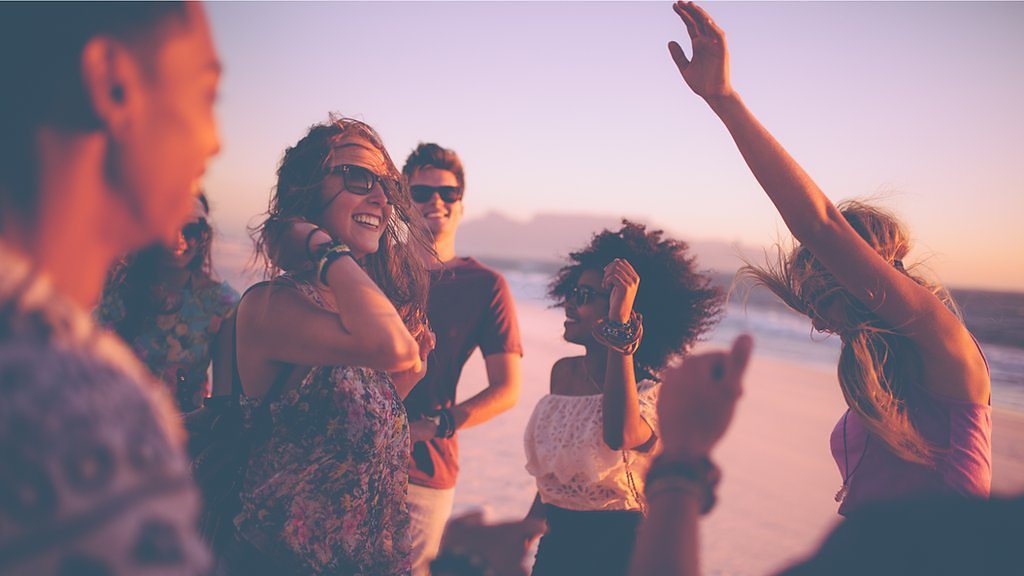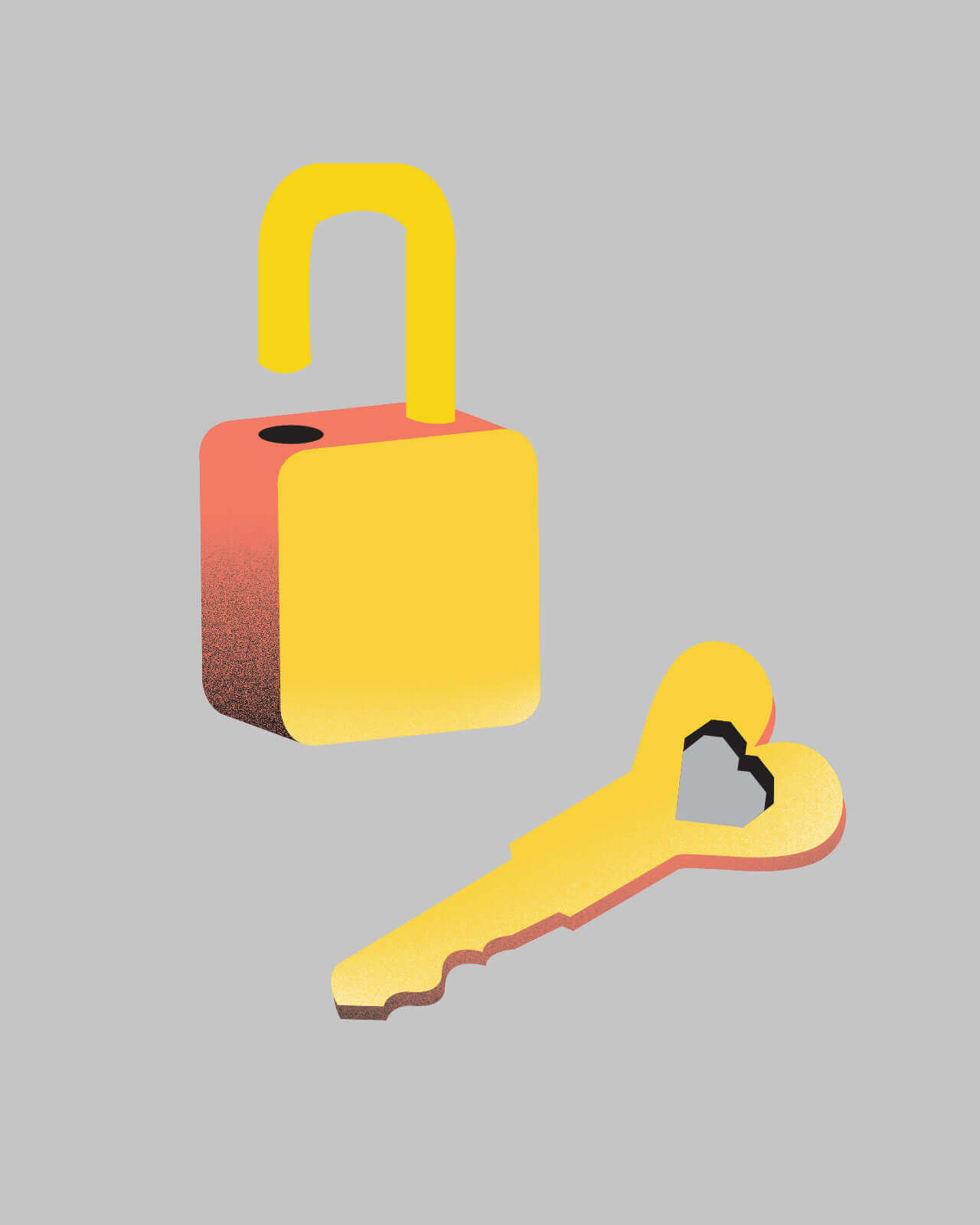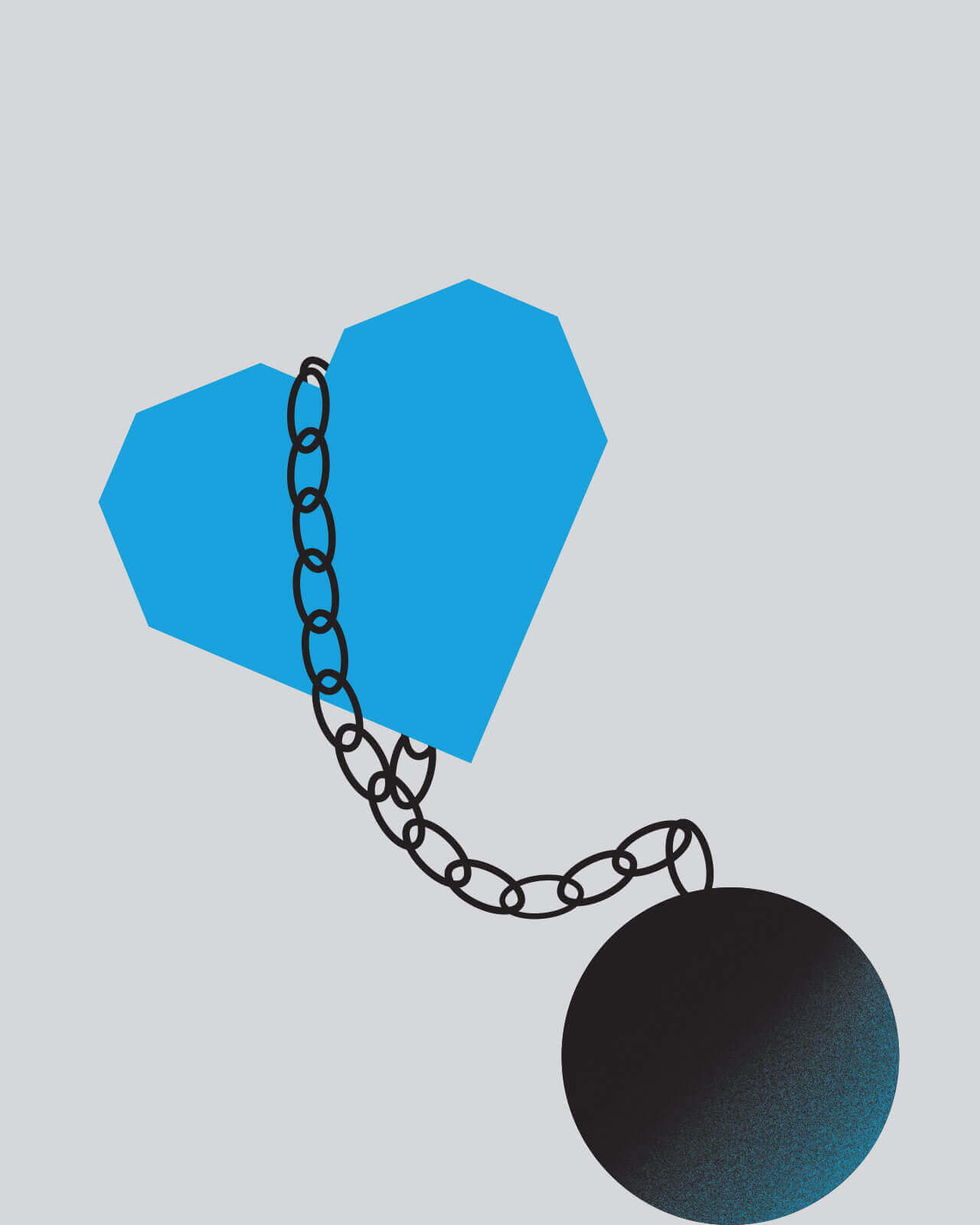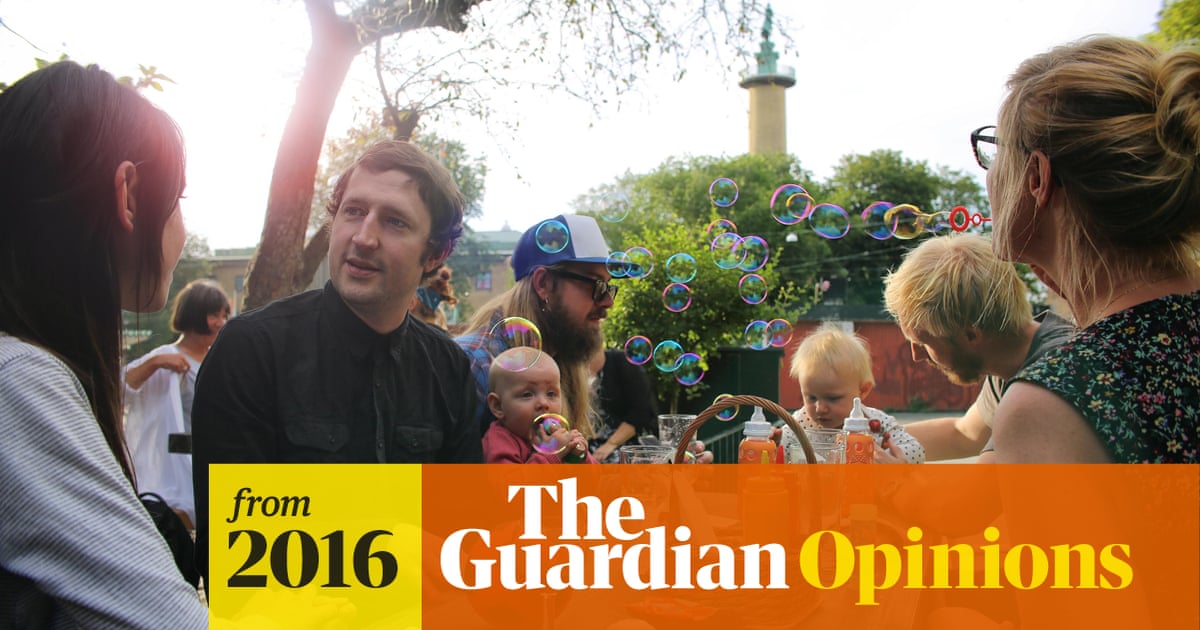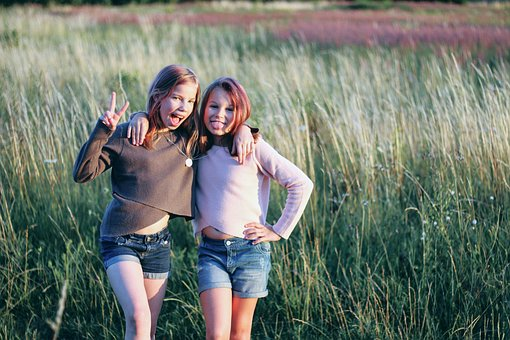Learn how personal relationships work.
What influences relationships? What is important to consider? This section summarizes knowledge on personal connections. Understand others and yourself better.
🤗 Close Relationships & Vulnerability
Close relationships need vulnerability.
Close Relationships & Vulnerability
Close relationships need vulnerability.
Explanation
It's intuitive to think we need to present our best version to make and maintain social relationships. Doing the opposite by telling embarrassing stories, admitting mistakes or acknowledging problems is helpful. It makes us more human as nobody is perfect. Others can relate more. We show trust by sharing something private, which could be used to hurt us. Social Media is full of only positive content. It makes it easier for your close ones to share their worries. Only then you can help. The ability to be vulnerable to each other is a requirement for close relationships.
Checklist
-
Do you share your worries with your closest people or do you keep them for yourself?
-
Do you know what worries them?
-
Consider doing an experiment like 36 questions for increasing closeness with a close person
Dive deeper
-
There's also a text version of this video.

-
Brené Brown explaining vulnerability and why it matters.

-
One woman shares how she dropped her Wonder Woman act to let herself be a little more human.

🔢 Dunbar's Number
The limits of how many friends we can have.
Dunbar's Number
The limits of how many friends we can have.
Explanation
There's the emotional, brain and time limits. The Dunbar numbers say we can have:
- 5 super close people, meet weekly
- 10 very close people (15 total), meet monthly
- 35 close people (50 total), meet 3-4 months
- 100 friends (150 total), meet 5-7 months
- 350 acquaintances (500 total), meet random
- 1000 with familiar face / name (1500 total), meet random
The limits vary for everyone. It's useful to be aware of the constraints. For example, having 25 close people means you have less time for less close friends. Some prefer a few very close friends and some like to be with many people. But you cannot be close to 500 people. The more people you actively keep in touch with the less time you get per person. It's common to allocate more than 60% for the first two circles.
Checklist
-
Write down your closest friends and family up to around 50 people. Then try to figure out how often you like to see them. Put them in the corresponding circles.
-
If you have a lot of friends, but not so many close people, consider investing more effort into some of them. But check if these friends have time to meet more often.
-
Read this reflection exercise, if you struggle to feel how close you are with people.
Dive deeper
🔋 Emotional Battery
How your emotional energy charges and depletes.
Emotional Battery
How your emotional energy charges and depletes.
Explanation
Did you ever feel physically exhausted after exercising? Or mentally exhausted after a difficult exam? Humans can also be emotionally exhausted. Connecting in a meaningful way requires empathy and listening. If you have a tough conversation on a sensitive topic your battery might get empty. While other interactions spark new energy in you. You may need time alone, meditation or physical exercise. Experiment to see what works for you.
Checklist
-
Try to become more aware of your emotional energy level. What recovers it and what drains it?
-
We should not avoid elephants in the room or difficult conversations. Being vulnerable and having empathy is important. But everyone involved should be in the right state to do this.
-
If interactions with a person are always draining your energy, reflect if this relationship is toxic.
Dive deeper
💛 Old friends
Time spent together, shared memories and closeness matter.
Old friends
Time spent together, shared memories and closeness matter.
Explanation
If you ask people about their best friends it's often childhood friends. Strong relationships need a lot of time. It doesn't take much time to meet new people. But it takes time to be vulnerable, to have a history of shared experiences and memories and to build trust.
Checklist
-
Try to find a balance between keeping in touch with existing friends and meeting new people.
-
If you keep changing friends perhaps due to other changes in life like moving to different locations, you will not build close relationships. Instead, try to keep in touch with at least some people consistently.
-
People can have toxic friendships from their early years as we are not really aware of everything. And people also change over time. If after a serious rescue attempt a friendship is still broken it can be good to let go.
Dive deeper
-
The school of life explains in a video or text why old friends matter.

-
Making new friends outside of work as an adult can be difficult — and it takes spending a lot of time together.
-
Early childhood friendship is something that is frequently overlooked as a positive developmental influence on a child. We don't always realize how attached young children are to their friends.

-
A personal story of breaking up with a best friend.
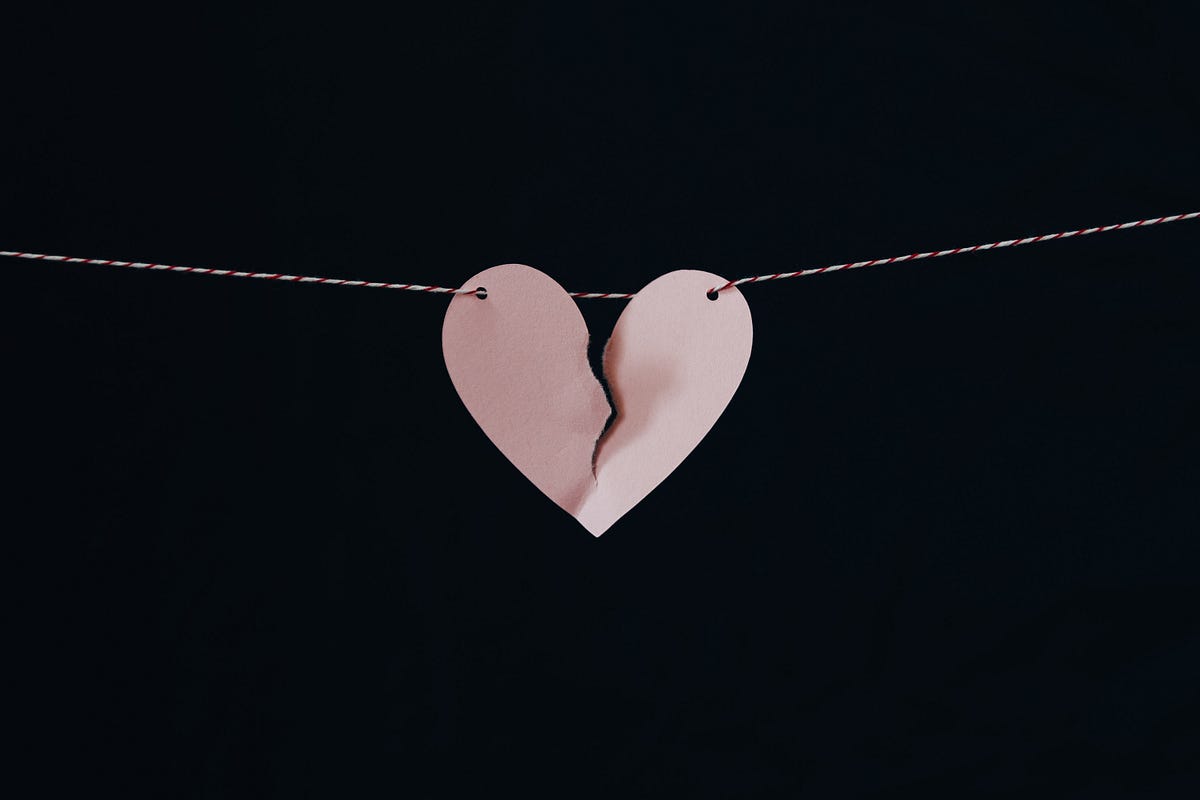
-
It’s a particular sign of friendship that people know they can tease you – and that, even when there is a slight sting to their remarks, you rather like it.

7️⃣ 7 Pillars of Friendship
What traits make friendship easier?
7 Pillars of Friendship
What traits make friendship easier?
Explanation
The research by Robin Dunbar comes up with a list of seven things:
- Growing up in the same area
- Same language
- Same gender
- Same hobbies / interests
- Same moral, religious and political views
- Same humor
- Same music taste
Social relationships need "social grooming". Laughing, singing and dancing are very effective as well as community activities. The pillars are not strict rules. But the more pillars you share with a person the easier a friendship forms.
Checklist
-
Reflect what pillars you share with each person and pay additional attention to it. For example, if you have the same music taste you can exchange more music, go to concerts or do other related activities.
-
Most of the pillars can change. You can learn languages, try out new hobbies, discover new music and debate about views.
Dive deeper
😤 Toxic Friendships
Social relationships can be negative.
Toxic Friendships
Social relationships can be negative.
Explanation
The term toxic relationship is often only used for romantic relationships, but also friendships and other connections can be poison. 1 in 3 women and 1 in 4 men experience it. Understanding what toxic relationships are, becoming aware of them and solving them is important.
Checklist
-
Reflect, if you or the people in your life have any of the ten unhealthy habits.
-
Embrace healthy habits for yourself and inspire others to do the same.
-
If you have serious issues with toxic relationships consult a psychologist. This is not something you should handle alone.
Dive deeper
🗿 Life always changes
What happens, when you move, change jobs, hobbies etc?
Life always changes
What happens, when you move, change jobs, hobbies etc?
Explanation
One day you leave your school or university. Another time you change the job. You move to another city, country or continent. You spend more time volunteering. Your values change and you change your diet. You do a different hobby. There are many examples of change. With all the opportunities now change comes fast and often. It affects the people we meet. From one day to another the schedule changes. Some people are removed and new ones arrive. Without awareness and conscious living, it's likely to lose contact over time. See the checklist what we can do instead.
Checklist
-
Change is not bad. It gives room for the new. Not every personal relationship is meant to be forever. It's okay to let go of not so close connections.
-
If you're aware of the change you can always reflect. Who's affected? Do you want to keep this friendship? How often do you want to meet? Is there another thing where you can meet regularly?
-
Remember that it's taking a long time to build close relationships. If you always start fresh with every change chances are you never built very close connections.
-
Change isn't just happening to you. Your best friend might start traveling or move away. Perhaps you can travel there and visit sometimes. The second level is to become aware when things change for your close people.
Dive deeper
🤝 Meet, call or text
Why meeting face-to-face is essential.
Meet, call or text
Why meeting face-to-face is essential.
Explanation
There is a lot of debate and research on this topic. As technology develops you can have more meaningful connections online than before. High-quality group video calls are free. There are studies about the impact of laughing or social touch like a high-five or hug. People might smile at a text message, but in a group laughing is contagious. It's easier to process facial expressions in person. Hormones are released differently.
Checklist
-
It's good to prioritize meeting over texting.
-
Consider writing a more in-depth email, letter or postcard instead of a few words in an instant messenger.
-
It can be worthwhile to visit long-distance connections at least from time to time.
-
Calling a friend while washing, commuting or doing other low-attention things is a good habit.
-
You can also show affection, gratitude and that you care without directly interacting with a person. Leave a note. Get them their favorite food or drink. Send flowers. Tell or write what you're grateful for about them. Help with chores.
Dive deeper
-
As we expect more from technology, do we expect less from each other?

-
In villages in Sardinia, 10 times as many men live past 100 than the average. Why? A key reason is that they are not lonely. Psychologist Susan Pinker on the importance of face-to-face contact in our era of disbanded families and virtual connections.

-
It’s time to start calling your friends again.

-
The psychologist argues that replacing face-to-face communication with smartphones is ruining human relationships.

- The Anatomy of Friendship, 2018
- Online and offline relationships
- The Quality of Online and Offline Relationships: The Role of Multiplexity and Duration of Social Relationships, 2007
- The quality of online social relationships, 2002
- The quality of online, offline, and mixed-mode friendships among users of a social networking site, 2012
🧠 Brain Capacity
Our brain affects how many relationships we can maintain.
Brain Capacity
Our brain affects how many relationships we can maintain.
Explanation
What limits the number of relationships we can maintain? There is the time and the emotional component, but the brain also plays a role. The research by Dunbar and others linked the size of the brain to the average group size in primates. This created the social brain hypothesis. Additional research on humans shows a linear relation for a part of the brain that processes social information. We need empathy and memory for meaningful relationships. One explanation is that we need enough brainpower to achieve both.
Checklist
-
If you are dealing with many people it might affect the quality of connection.
-
Imagine your brain as 100 computers. If you focus on more than 100 people you have less than one computer for each relationship. If you focus on e.g. 50 it would be two per person.
-
It's better to embrace constraints than to feel bad for not managing to keep in touch with a lot of people.

